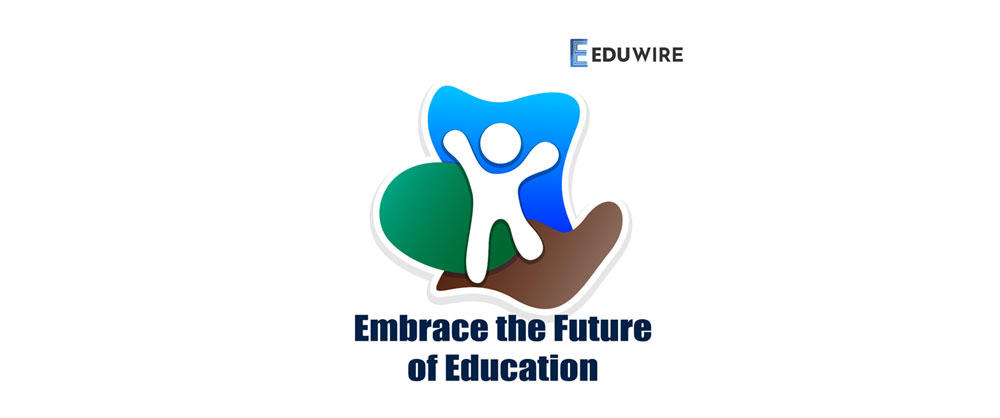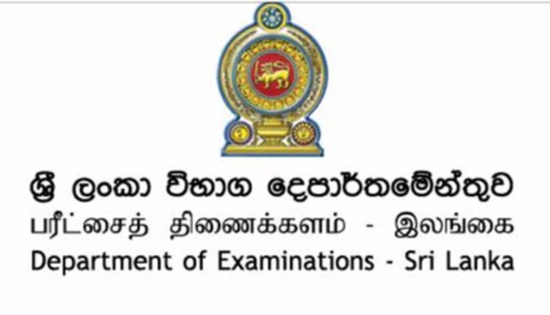Navigating the Future of Education
The Rise of Hybrid and Remote Learning

The COVID-19 pandemic has accelerated the adoption of hybrid and remote learning models, transforming the way students learn and educators teach. These models, which combine in-person and online instruction, offer flexibility and accessibility, but also present challenges that require careful consideration and planning.
One of the key advantages of hybrid and remote learning is flexibility. Students can access course materials and participate in discussions from anywhere, allowing them to balance their academic responsibilities with other commitments. For example, a student may choose to watch a lecture online during their commute or participate in a group project using collaborative online tools.
Another advantage of hybrid and remote learning is the ability to cater to diverse learning needs. Some students may thrive in a traditional classroom setting, while others may prefer the flexibility and autonomy of online learning. By offering both options, educational institutions can accommodate a wider range of learning styles and preferences.
Hybrid and remote learning also have the potential to improve access to education, particularly for students in remote or underserved areas. By leveraging technology, educational institutions can reach students who may not have access to traditional educational resources, opening up new opportunities for learning and growth.
However, hybrid and remote learning also present challenges that need to be addressed. One of the key challenges is ensuring that all students have access to the technology and resources they need to participate fully in online learning. This includes access to a reliable internet connection, devices such as laptops or tablets, and technical support.
Another challenge is maintaining engagement and motivation in a virtual learning environment. Without the social interaction and support of a physical classroom, some students may struggle to stay engaged and motivated. Educators need to use a variety of strategies, such as interactive online activities and frequent communication, to keep students engaged and connected.
In conclusion, hybrid and remote learning models offer exciting opportunities to transform education and improve access for students around the world. By carefully planning and implementing these models, educators can create engaging and inclusive learning experiences that meet the diverse needs of today’s learners.

Related News
Refer the correct timetable: important notice for GCE O/L students
Commissioner General of Examinations Indika Kumari Liyanage has urged candidates to pay special attention to the timetable for the 2025 (2026) GCE…
Read MoreGateway to Host the Twenty-Fourth International Schools’ AthleticsChampionship (ISAC 2026)
Gateway College, a pioneer in international school education in Sri Lanka, is set to host the prestigiousTwenty-Fourth International Schools’ Athletics Championship (ISAC…
Read MoreConvent of Our Lady of Victories Holds Annual Inter-House Sportsmeet 2026
A Celebration of Unity, Strength, and Sporting Excellence The Annual Inter-House Sportsmeet 2026 of Convent of Our Lady of Victories, Moratuwawas held…
Read MoreCMA Sri Lanka Honours University of Ruhuna’s Accounting Topper with Gold Medal and Full Scholarship
In accordance with the Memorandum of Understanding (MOU) between the Institute of CertifiedManagement Accountants of Sri Lanka (CMA Sri Lanka) and the…
Read MoreGateway U18s Clinch Fourth Consecutive International Schools Football Title
U18 team Gateway College’s Under 18 Football Team etched their name in history once again by securing the International Schools U18 Football…
Read MoreCourses
-

The future of higher education tech: why industry needs purpose-built solutions
For years, Institutions and education agencies have been forced to rely on a patchwork of horizontal SaaS solutions – general tools that… -

MBA in Project Management & Artificial Intelligence – Oxford College of Business
In an era defined by rapid technological change, organizations increasingly demand leaders who not only understand traditional project management, but can also… -

Scholarships for 2025 Postgraduate Diploma in Education for SLEAS and SLTES Officers
The Ministry of Education, Higher Education and Vocational Education has announced the granting of full scholarships for the one-year weekend Postgraduate Diploma… -

Shape Your Future with a BSc in Business Management (HRM) at Horizon Campus
Human Resource Management is more than a career. It’s about growing people, building organizational culture, and leading with purpose. Every impactful journey… -

ESOFT UNI Signs MoU with Box Gill Institute, Australia
ESOFt UNI recently hosted a formal Memorandum of Understanding (MoU) signing ceremony with Box Hill Institute, Australia, signaling a significant step in… -

Ace Your University Interview in Sri Lanka: A Guide with Examples
Getting into a Sri Lankan sate or non-state university is not just about the scores. For some universities' programmes, your personality, communication… -

MCW Global Young Leaders Fellowship 2026
MCW Global (Miracle Corners of the World) runs a Young Leaders Fellowship, a year-long leadership program for young people (18–26) around the… -

Enhance Your Arabic Skills with the Intermediate Language Course at BCIS
BCIS invites learners to join its Intermediate Arabic Language Course this November and further develop both linguistic skills and cultural understanding. Designed… -

Achieve Your American Dream : NCHS Spring Intake Webinar
NCHS is paving the way for Sri Lankan students to achieve their American Dream. As Sri Lanka’s leading pathway provider to the… -

National Diploma in Teaching course : Notice
A Gazette notice has been released recently, concerning the enrollment of aspiring teachers into National Colleges of Education for the three-year pre-service… -

IMC Education Features Largest Student Recruitment for QIU’s October 2025 Intake
Quest International University (QIU), Malaysia recently hosted a pre-departure briefing and high tea at the Shangri-La Hotel in Colombo for its incoming… -

Global University Employability Ranking according to Times Higher Education
Attending college or university offers more than just career preparation, though selecting the right school and program can significantly enhance your job… -

Diploma in Occupational Safety & Health (DOSH) – CIPM
The Chartered Institute of Personnel Management (CIPM) is proud to announce the launch of its Diploma in Occupational Safety & Health (DOSH),… -

Small Grant Scheme for Australia Awards Alumni Sri Lanka
Australia Awards alumni are warmly invited to apply for a grant up to AUD 5,000 to support an innovative project that aim… -

PIM Launches Special Programme for Newly Promoted SriLankan Airlines Managers
The Postgraduate Institute of Management (PIM) has launched a dedicated Newly Promoted Manager Programme designed to strengthen the leadership and management capabilities…
Newswire
-

Lawyers stage protest march in Colombo over Akuregoda double murder
ON: February 16, 2026 -

25 Indian fishermen arrested in KKS
ON: February 16, 2026 -

“People are dying on the streets as if they’re mosquitoes being swatted” – Sajith
ON: February 16, 2026 -

Lawyer murder: UNP calls for resignation of Public Security Minister
ON: February 16, 2026











